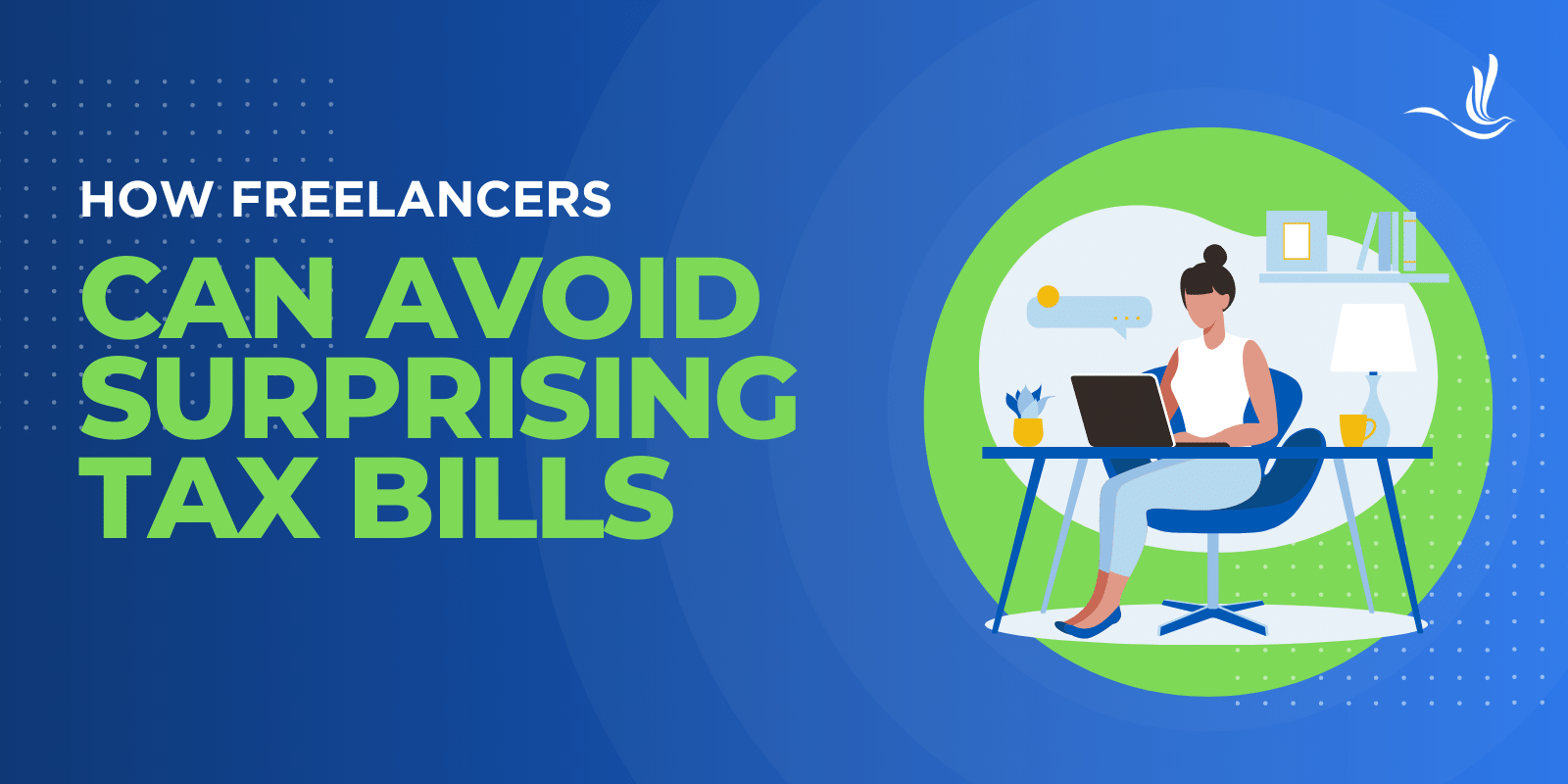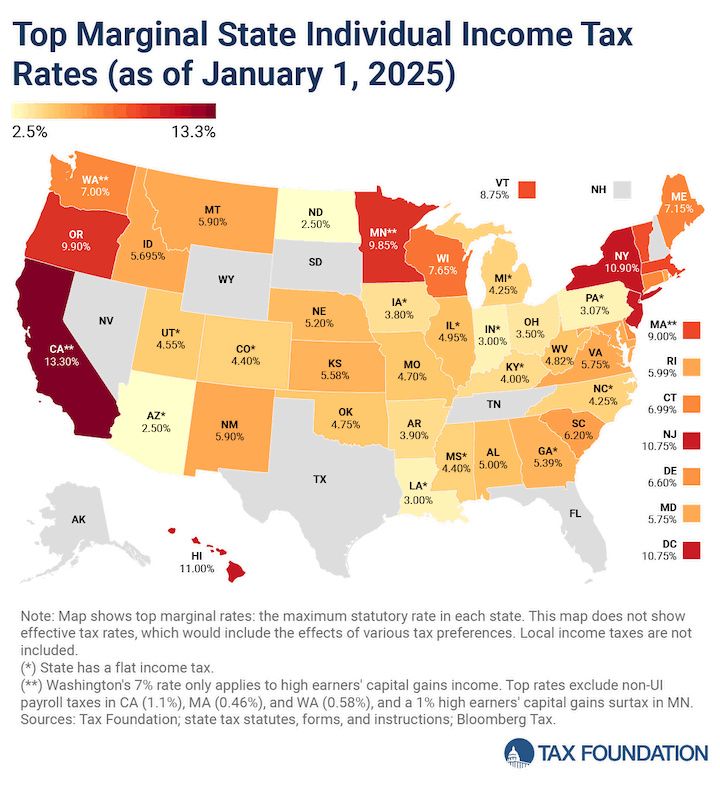The allure of freelancing lies in its flexibility and independence, allowing individuals to pursue their passions while managing their own time. However, freelancers often find themselves grappling with financial complexities, particularly when it comes to taxes. One of the most dreaded scenarios is receiving an unexpected tax bill. In this article, we’ll explore practical strategies that teach how freelancers can avoid surprising tax bills.
Understand Your Tax Obligations as a Freelancer
The first step to avoiding tax surprises is to gain a clear understanding of your tax obligations as a freelancer.
This includes knowledge of self-employment taxes, income tax rates, and any deductions or credits you might be eligible for. Keep in mind that different states have varying tax regulations, so take the time to research and comprehend the tax laws that apply to you.
Make Estimated Quarterly Payments
Freelancers are often required to make estimated quarterly tax payments to the government. The IRS requires taxes to be paid as income is earned, so these payments help you stay current with your tax obligations and prevent a hefty tax bill at the end of the year. Quarterly tax payments are typically due on:
- April 15
- June 15
- September 15
- January 15 of the following year
Making these payments can be easier if you regularly set money aside.
A general rule of thumb is to set aside 25-30% of your income for taxes, but this percentage may vary depending on your specific circumstances.
Year‑Round Financial Tracking Tools
Staying organized throughout the year is key to avoiding tax-time stress. Apps like QuickBooks or Wave can help track business expenses, mileage, and income automatically. These tools can identify deductions, generate reports, and make quarterly tax estimates easier to manage. The more consistent and detailed your tracking, the more likely you are to capture legitimate write-offs and stay audit-ready.
Build a Tax Calendar and Fund Regularly
Avoid unexpected tax bills by creating a tax calendar that includes quarterly payment due dates, deduction reviews, and contribution reminders.
Aim to set aside 25% to 30% of your income for taxes, especially if you’re in a higher bracket or live in a state with income tax. Treating taxes as a regular expense helps prevent scrambling in April.
Optimize Retirement Savings for Tax Efficiency
Freelancers should consider opening and regularly contributing to retirement plans such as a SEP IRA or Solo 401(k). Contribution limits in 2025 are generous, allowing self-employed individuals to put away significant amounts and reduce their taxable income. These plans not only help build future financial security but also provide valuable deductions that can lower your tax bill.
Contributions can often be made up until the tax-filing deadline, making them a powerful last-minute tax-saving strategy.
Stay Informed About Deductions
Freelancers are entitled to various tax deductions that can help lower their taxable income. These deductions could include home office expenses, equipment costs, travel expenses, and more. Research and stay informed about the deductions that apply to your industry and work-related expenses. However, make sure to accurately document and justify these expenses in case of an audit.
Maintain Accurate Records
Accurate record-keeping is crucial for freelancers to avoid tax surprises.
Keep meticulous records of all your income and expenses. This can include invoices, receipts, contracts, and any communication related to your freelance work. Utilize accounting software or apps to help you organize your finances effectively.
Consider S-Corp Election for Tax Savings
If your freelance income consistently exceeds $50,000-$60,000, it may be time to consider S-corporation status. With an S-corp, you pay yourself a reasonable salary (subject to payroll taxes) and take additional income as distributions, which aren’t subject to self-employment tax.
This setup can save thousands in taxes, though it does require additional bookkeeping and compliance.
Hire a Tax Professional
Navigating the complexities of freelance taxes can be overwhelming. Hiring a qualified tax professional or accountant who specializes in working with freelancers can provide you with expert guidance and help you avoid surprises. They can assist with tax planning, ensuring you’re taking advantage of all available deductions, and help you stay compliant with tax laws. Optima Tax Relief is the nation’s leading tax resolution firm with over a decade of experience helping taxpayers with tough tax situations.
If You Need Tax Help, Contact Us Today for a Free Consultation
Disclaimer: This story is auto-aggregated by a computer program and has not been created or edited by finopulse.
Publisher: Source link








